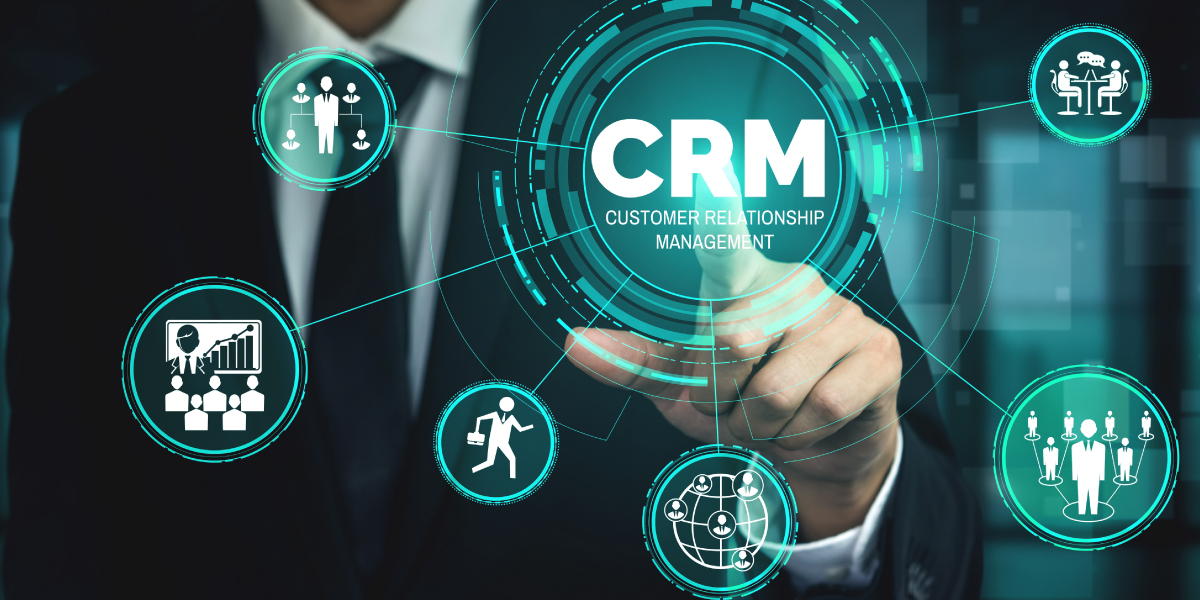CRM Software Proficiency is becoming an essential skill in modern business operations, enabling teams to streamline customer interactions, improve sales processes, and enhance overall customer satisfaction. As organizations grow and customer bases expand, managing relationships through spreadsheets or disconnected platforms becomes inefficient and error-prone. CRM, or Customer Relationship Management software, offers a centralized solution to track customer data, manage leads, and automate communications. Proficiency in CRM software empowers professionals to leverage its full capabilities, making them more productive and effective in building strong, lasting customer relationships that drive business growth.
Why CRM Software Proficiency Matters for Sales Teams
CRM Software Proficiency is particularly crucial for sales teams who rely heavily on accurate and up-to-date information to close deals. With the right skills, sales professionals can manage pipelines more effectively, forecast revenue with greater accuracy, and prioritize high-value prospects. A proficient user knows how to set up tasks, follow up on leads, and record customer interactions, which minimizes missed opportunities and ensures that every customer journey is tracked. Sales teams that are adept at using CRM Software Proficiency not only improve their individual performance but also contribute to the company’s bottom line by increasing conversion rates and improving client retention.
Enhancing Marketing Efforts with CRM Software Proficiency
Marketing departments benefit significantly from CRM Software because it allows them to create more targeted and effective campaigns. CRM systems store valuable data on customer preferences, behaviors, and purchase history, which marketers can use to segment audiences and tailor their messaging. Proficiency enables marketers to automate email campaigns, track engagement, and measure campaign performance in real-time. This level of insight helps refine marketing strategies and improve ROI. Marketers who master CRM tools can orchestrate seamless campaigns that nurture leads through the funnel and convert them into loyal customers, all while saving time and reducing manual effort.
Improving Customer Support Through CRM Software Proficiency
Customer service teams that possess CRM Software Proficiency are better equipped to resolve issues quickly and provide personalized support. By accessing a comprehensive customer history, support agents can understand past problems, preferences, and interactions, allowing for faster and more efficient service. Proficient CRM users know how to utilize case management, set up automated ticketing workflows, and escalate issues appropriately. This not only enhances customer satisfaction but also reduces support costs. A well-maintained CRM system serves as a knowledge base that empowers customer service representatives to exceed expectations and build stronger relationships with clients.
Data Analysis and Reporting with CRM Software Proficiency
One of the most powerful features of modern CRM platforms is their ability to generate detailed reports and analytics, which can only be fully leveraged with CRM Software Proficiency. Skilled users can create custom dashboards, track KPIs, and analyze trends that inform strategic decision-making. Whether it’s monitoring sales performance, customer engagement, or marketing ROI, CRM proficiency ensures that teams can extract meaningful insights from raw data. This ability to interpret and act on data is what sets high-performing organizations apart, allowing them to anticipate customer needs, optimize workflows, and stay ahead of competitors.
Customization and Workflow Automation in CRM Systems

CRM Software Proficiency also involves understanding how to customize the software to suit specific business processes. Most CRM systems offer a high degree of flexibility, allowing users to create custom fields, modules, and automation rules. Proficient users can design workflows that align with their operational needs, such as lead scoring systems, automatic follow-up reminders, or multi-stage approval processes. By tailoring the CRM system, businesses can improve efficiency, reduce human error, and ensure consistent execution of tasks. This customization capability ensures that the CRM becomes an integral part of day-to-day operations rather than just a passive data repository.
Training and Onboarding with CRM Software Proficiency
Organizations that prioritize CRM Software Proficiency often see smoother onboarding processes and better adoption rates among new employees. Experienced users can train others effectively, reducing the learning curve and ensuring that everyone follows best practices. This internal knowledge-sharing creates a culture where CRM is used consistently and correctly, which improves data quality and team collaboration. Proficiency also helps reduce reliance on external support or technical teams, as internal users can troubleshoot issues, manage settings, and perform administrative tasks independently. An organization-wide commitment to CRM proficiency lays the foundation for scalable, technology-driven growth.
The Role of CRM Software Proficiency in Remote Work Environments
In the era of remote work, CRM Software Proficiency has become even more critical as it enables distributed teams to stay connected and productive. With cloud-based CRM systems, employees can access customer data, manage tasks, and collaborate from anywhere. Proficient users know how to use communication tools, share records, and update notes in real-time, ensuring that all team members have the information they need to succeed. This digital fluency fosters accountability and transparency, allowing businesses to maintain high service levels and strong customer engagement regardless of physical location. Proficiency in CRM becomes the glue that holds remote teams together and keeps operations running smoothly.
Choosing the Right CRM and Gaining Proficiency
Selecting the right CRM platform is the first step, but gaining CRM Software Proficiency requires training, practice, and continuous learning. Businesses should evaluate CRMs based on their needs—whether that means lead management, customer service, or marketing automation. Once a system is chosen, investing in onboarding, certifications, and ongoing support is crucial. Users should explore tutorials, webinars, and community forums to deepen their understanding of the platform’s capabilities. The goal is not just to use the CRM but to master it. With a high level of proficiency, users can adapt to updates, leverage new features, and drive innovation within their teams.
The Future of Business Lies in CRM Software Proficiency
As customer expectations rise and data becomes more central to business decisions, CRM Software Proficiency will continue to be a vital differentiator. Companies that can harness the full power of their CRM systems will outperform those that use them merely as digital Rolodexes. Proficient users will lead the charge in creating personalized customer experiences, optimizing processes, and generating real business value from technology. With AI integration, predictive analytics, and automation becoming standard features in CRM platforms, proficiency will mean more than just data entry—it will involve strategic thinking and continuous adaptation. Embracing CRM software mastery is essential for future-ready business leaders.
Conclusion: Building Success with CRM Software Proficiency
CRM Software Proficiency is more than a technical skill—it is a strategic asset that empowers businesses to operate with clarity, precision, and responsiveness. From sales and marketing to support and analytics, every department can benefit from deeper expertise in using CRM platforms. Proficiency drives better collaboration, improves data integrity, and helps teams make smarter decisions based on real-time insights. In today’s competitive environment, companies that prioritize CRM software mastery will be better positioned to serve their customers, scale operations, and adapt to market changes. It is no longer optional to be proficient—it is fundamental to sustained business success.
